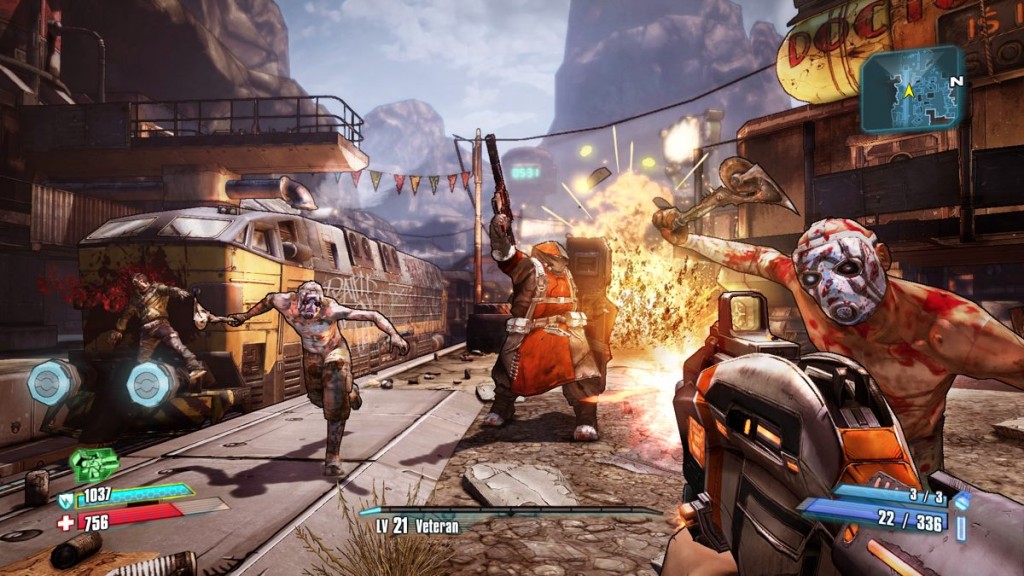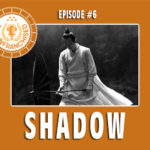
The most important thing for a videogame to be is fun. It's job one. Borderlands 2, Gearbox's insane, loot-happy FPS, is unquestionably a lot of fun. I've been playing nonstop for a few weeks and haven't yet tired of shooting crazed desert bandits in the face with a myriad of outlandish weapons.
And yet I still feel like something significant is missing when I play the game: A challenge. Borderlands 2 isn't challenging by design, largely because enemies in a given location don't respawn even when you do. Oh, eventually they'll come back, but likely long after you've completed your objective and moved on to a different area. So if you're trying to battle your way through a particularly nasty gaggle of monsters but bite the dust after eliminating half of them, you'll only have the other half to contend with once your character is reconstituted at a nearby checkpoint. You can then whittle it down by half again, die, and then only be forced to deal with one-quarter of the original threat. In Borderlands 2, dieing is merely a diversion. The only penalties are you'll lose a bit of cash (which you don't really need anyway) and, if you're fighting a boss, the boss's health will be replenished once you respawn. (However all the boss's minions that they're usually surrounded by: Still dead.) Nearly every battle in Borderlands 2 becomes more about blunt repetition than it does skill. Which, again, doesn't make it a bad game, as the shooting/looting mechanics are a blast, especially when playing online with friends, but it does prevent it from being a great game.
This isn't the first time I've felt let down by a game in the challenge department. When Irrational Games' classic BioShock first shipped, it was mandatory that players who died were respawned by an in-game object called a Vita Chamber. Problem was the Vita Chambers only "reset" your character, not the game world itself and not the health bar of enemy characters, meaning there was no penalty at all for dieing. It was possible to kill the game's biggest, baddest villains using only a wrench, assuming you had the patience to do it. (The process went like this: Die, whale on a bad guy, die, whale on a bad guy, die, whale on a bad guy … all the way until that enemy's life bar was depleted.) Could you imagine if, say, Skyrim used a similar mechanic? Those epic dragon battles wouldn't be very epic at all if you could just keep reloading the game until the flying beast was dead.
The excuse given at the time was that creative developer Ken Levine and Irrational didn't want the difficulty of the game to prevent players from experiencing the full story, but there was enough of an outcry from challenge-minded gamers like me that the game's first patch brought with it the option to turn the Vita Chambers off. That's the way I played the game from start to finish, and I found it to be a more rewarding experience for it.
There's nothing wrong with games that are built around a fun-to-play mechanic and then hold your hand to make sure you see everything the game has to offer, but I tend to view those titles as more of a diversion than as a defining game experience. Maybe it's just because I grew up playing Contra and Bionic Commando and the original Ninja Gaiden — games that made sure you absolutely did not want to die while playing, lest you get bounced back to the beginning of an incredibly difficult level. Those titles were fun, but they were also maddening. I guess I'm just OG in this regard. I like a little of both in my videogames.











